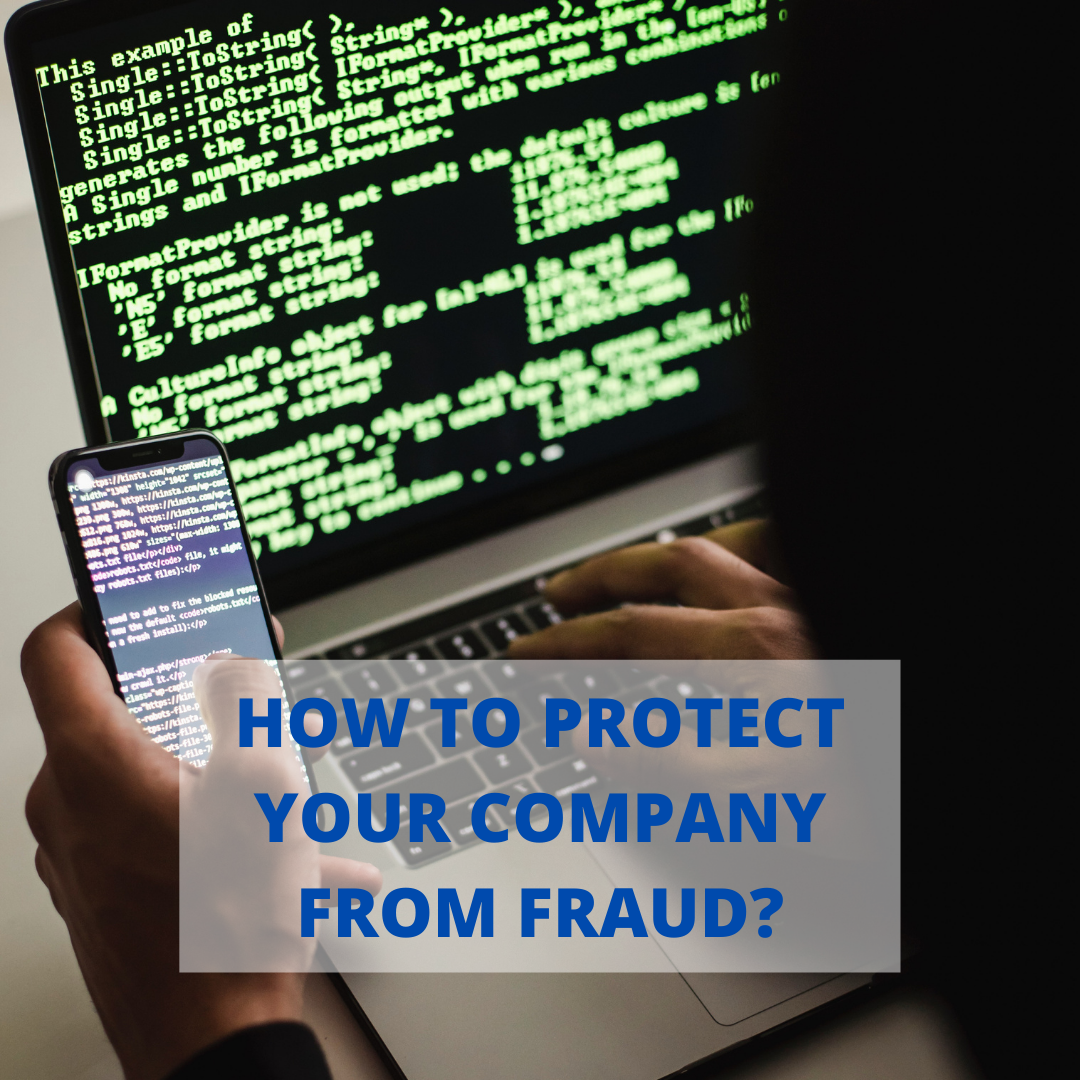Fraud can be a civil and criminal offence. It is critical to recognise that fraud can originate from anywhere, including staff members, consumers, suppliers, and third parties who are unrelated to the business.
Preventing Fraud Losses in Your Company
There is no single method to prevent all sorts of corporate fraud, but the information below can assist you in identifying the most common types and taking action to protect yourself, your employees, and your company. While you can't prevent every case of fraud from occurring in your company, you can take steps to reduce fraudulent conduct.
- Maintain scepticism - If something appears to be too good to be true, it most likely is. Inquire thoroughly about everything: deals opportunities documents transaction data.
- Know your industry inside and out - Have a thorough grasp of your company so that you can: how it functions, the people you hire, the products and services it offers, your target market and company, and your legal and regulatory requirements. This will assist you in recognising when something isn't right.
- Be familiar with your customers and suppliers - When you know who you do business with, you may recognise any business request or transaction that appears to be fraudulent for that client or supplier. Conduct due diligence using a risk-based approach, such as examining the customer or supplier information you have on file and conducting web searches.
- Determine which parts of your business are prone to fraud - Consider how a fraudster would target your company, both internally and outside, and put the procedures you already have in place to limit risk to the test. Make sure you and your personnel are familiar with these systems and that you review them on a regular basis.
- Create a strategy and discuss fraud - Consider the best fraud protection and detection approach for your company: it should include controls and procedures. Owners and managers are looked to by employees for guidance on acceptable behaviour. Discuss fraud with your employees, suppliers, and other contacts. Your employees must grasp the risks and how losses affect the company and themselves.
- Take extra precautions to avoid cyber-attacks - Protect your business IT from cybercrime's growing risks. Make a backup of your systems just in case something goes wrong.
- Recognize your financial situation - Understand how money departs your company, including methods of payment, who has the authorisation to make those payments who verifies the legitimacy of those payments. Check your bank statements on a regular basis.
- Secure and safeguard your property - Laptops, computers, smartphones, and intellectual property are all included. Consider purchasing company insurance to protect these goods if they are compromised or stolen. Inventories should be used and kept up to date.
- Create a plan of action - Consider when you may require professional or legal assistance. While prevention is preferable to cure, it is critical for you and your company to be prepared for the worst. Having a plan of action in place will help you minimise your losses due to fraud.
- Always report fraud and seek assistance - Action Fraud is the United Kingdom's national reporting centre for fraud and cybercrime. You can also learn about fraud and financially motivated online crime. If you know the suspect or if they are still in the neighbourhood, you can also report fraud to the police. To chat with one of our operators, dial 101.
Keep financial responsibilities separate so that no one individual has complete authority over all financial decisions. Don't delegate your financial responsibility to anyone. For accounting and business advice, please contact Persona Finance [enquiries@personafinance.co.uk].



